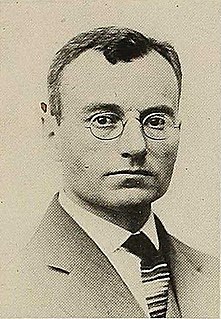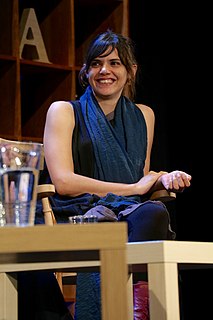A Quote by Jonathan Sacks
Civil society rests on moral relationships. They are covenantal rather than contractual. They are brought about not by governments but by us a husbands and wives, parents, friends and citizens, and by the knowledge of what we do and what we are makes a difference to those around us. (...) Renewing society's resources of moral energy is the program, urgent but achievable.
Related Quotes
Ultimately, one of the best ways to take care of our souls is to build a society that supports rather than undermines our highest moral and spiritual intuitions and inclinations. Yet, building that society can never be divided from the daily practices through which we live out our ethical and spiritual lives, both in the way we treat others around us, and in the way we nourish the God within us.
Each member of society can have only a small fraction of the knowledge possessed by all, and...each is therefore ignorant of most of the facts on which the working of society rests...civilization rests on the fact that we all benefit from knowledge which we do not possess. And one of the ways in which civilization helps us to overcome that limitation on the extent of individual knowledge is by conquering intelligence, not by the acquisition of more knowledge, but by the utilization of knowledge which is and which remains widely dispersed among individuals.
I must say that in my own mind, I think what's important is for us, as a society, to radically reduce the consumption of meat. This is more important than some fraction of us become moral saints and become vegetarians so it would be much better if we would reduce meat consumption by three quarters of each of us as an individuals would only eat one-quarter as much meat as we do now then that half of the population should become vegetarian. We should see this as a collective challenge rather than an issue about individual, moral period.
This is another thing which I really like investigating in my novels: what is it that makes an intimate society, that makes a society in which moral concern for others will be possible? Part of that I think are manners and ritual. We tried to get rid of manners, we tried to abolish manners in the '60s. Manners were very, very old-fashioned and un-cool. And of course we didn't realise that manners are the building blocks of proper moral relationships between people.
People talk about the idea of special relationships, that is, the morality only really binds people who stand in some kind of contractual relationship with each other but in fact if you take that seriously as a criteria of when we have a moral relationship then it's hard to see why we would have moral obligations to strangers for example or people who live across the sea from us but yet, every decent person believes that we do.
The value of history is, indeed, not scientific but moral: by liberalizing the mind, by deepening the sympathies, by fortifying the will, it enables us to control, not society, but ourselves - a much more important thing; it prepares us to live more humanely in the present and to meet rather than to foretell the future.
The novel as a form is usually seen to be moral if its readers consider freedom, individuality, democracy, privacy, social connection, tolerance and hope to be morally good, but it is not considered moral if the highest values of a society are adherence to rules and traditional mores, the maintenance of hierarchical relationships, and absolute ideas of right and wrong. Any society based on the latter will find novels inherently immoral and subversive.
Traditionally, marriage involved a kind of bartering, rather than mutual inter-dependence or role sharing. Husbands financially and economically supported wives, while wives emotionally, psychologically and socially supported husbands. He brought home the bacon, she cooked it. He fixed the plumbing, she the psyche.
I believe that the most urgent need of parents today is to instill in our children a moral vision: what does it mean to be a good person, an excellent neighbor, a compassionate heart? What does it mean to say that God exits, that He loves us and He cares for us? What does it mean to love and forgive each other? Parents and caregivers of children must play a primary role in returning our society to a healthy sense of the sacred. We must commit to feeding our children’s souls in the same way we commit to feeding their bodies.
The primary function of poetry, as of all the arts, is to make us more aware of ourselves and the world around us. I do not know if such increased awareness makes us more moral or more efficient. I hope not. I think it makes us more human, and I am quite certain it makes us more difficult to deceive.
The strength of an individual is not in his extreme freedom and libertine lifestyle, but in the stalwartness of his character and his moral vigor. The society is made of individuals. What is true for an individual is also true for the society. A society that is not founded on moral values is doomed to fall.
Our society trains us to think of marriage as a contractual arrangement. If one party fails to fulfill his or her end, the contract is null and void. Increasingly children are raised in a contractual environment. When contractual thinking dominates our horizon, we can even make Jesus or the church an asset we think we can manage.





































